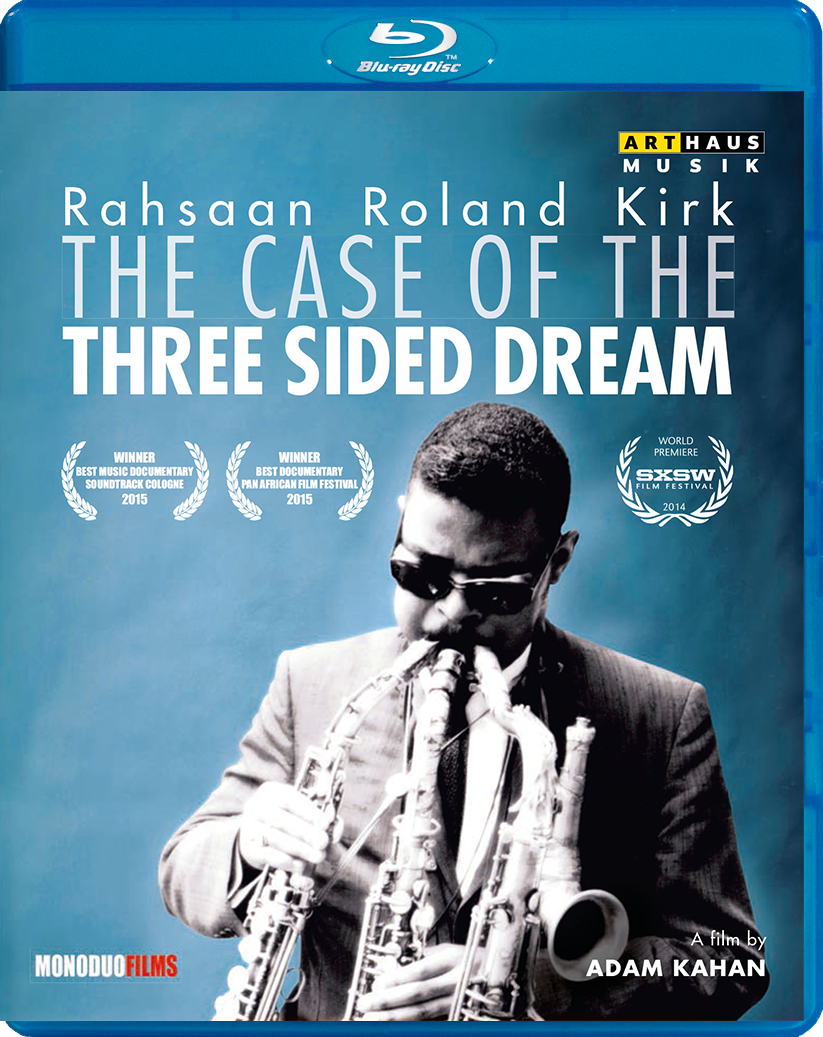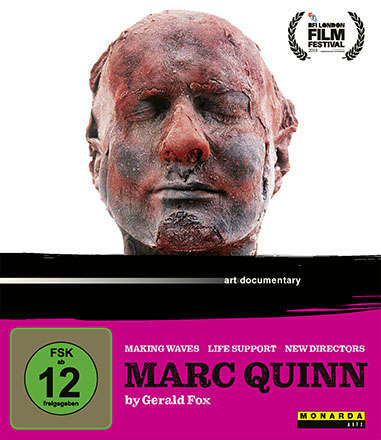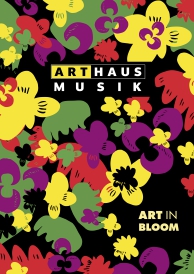
RAHSAAN ROLAND KIRK



RAHSAAN ROLAND KIRK
2016
Soloists:
Rahsaan Roland Kirk
Director:
Adam Kahan
The Case of the Three Sided Dream is the documentary film on the life, music and legacy of multi-instrumentalist Rahsaan Roland Kirk. Kirk was a one of a kind musician, personality, satirist and windmillslayer who despite being blind, becoming paralyzed, and facing America’s racial injustices – did not relent. His life’s work was exploring sound and making music. Beyond that, he was an outspoken activist who started a political movement to get more exposure for Jazz in America – particularly on TV. Dreams were important to Rahsaan. They planted the seed in his mind to play three horns simultaneously. His name came from dreams. When asked about his religious beliefs, he would say, “I’m from the Religion of Dreams”. At the age of 40, at the apex of his career, Rahsaan suffered a stroke, which left him half paralyzed. Despite this, he continued to tour and play music, with the use of only one hand, literally until the day he died. Special Features (20 mins): Joel Dorn talks about Rahsaan Bright Moments, performed live in 1977 “It’s all there, and much more... in Adam Kahan’s loving and beautifully made fi lm.” - Richard Williams, Uncut Magazine
Label:
Arthaus Musik
Genre:
Dokumentation
Running Time:
87 + 2
Picture Format:
16:9
Sound Format:
PCM Stereo / DTS-HD Master Audio 5.1
Resolution:
1080i High Definition
Number of Discs:
1
Region:
0
Languages:
GB
Subtitle Languages:
GB (Audio Discription), FR, DE
EAN:
4058407092520
Blu-ray:
109252

In 1991 the young artist Marc Quinn shot to fame with a sculpture of his head made from his own frozen blood. Since then he’s created a large array of works in which he’s transformed his body, both as a whole and in parts, into sculptures fashioned from a wide variety of materials including wax, lead, rubber, ice, glass and(...)

The film “Richard Strauss and his Heroines” explores Strauss’ relationship to women. The primary focus lies on his attachment to Pauline, his wife of more than 55 years. Strauss experienced the most varied of epochs in German history, from the Empire to Nazi dictatorship and the post-war period. How did the image of women change in this time(...)









 PDF Download (5,5 MB)
PDF Download (5,5 MB) PDF Download (6,7 MB)
PDF Download (6,7 MB)